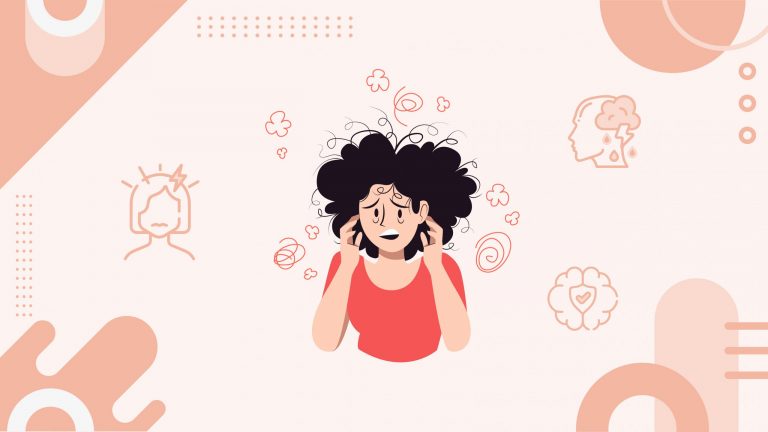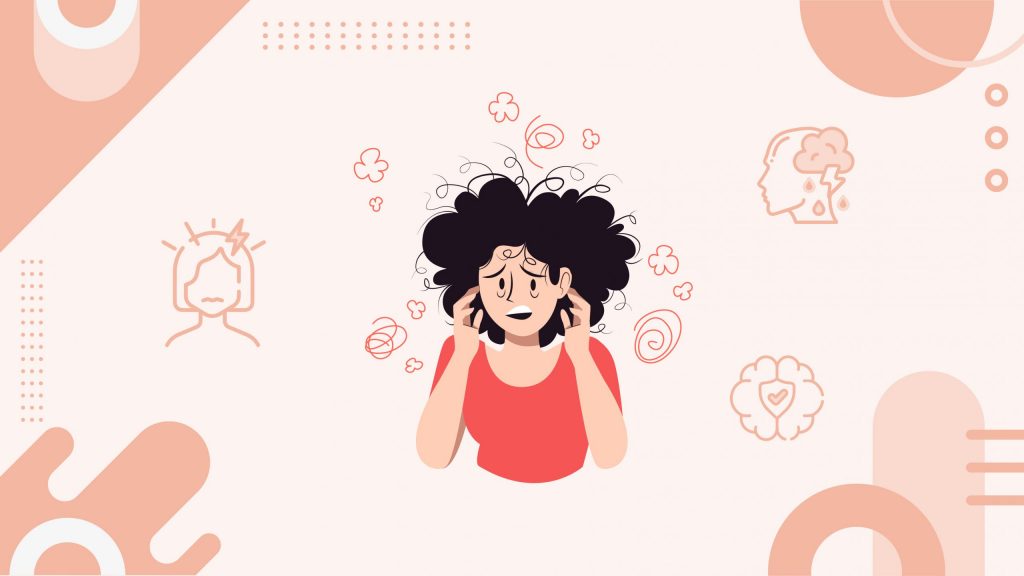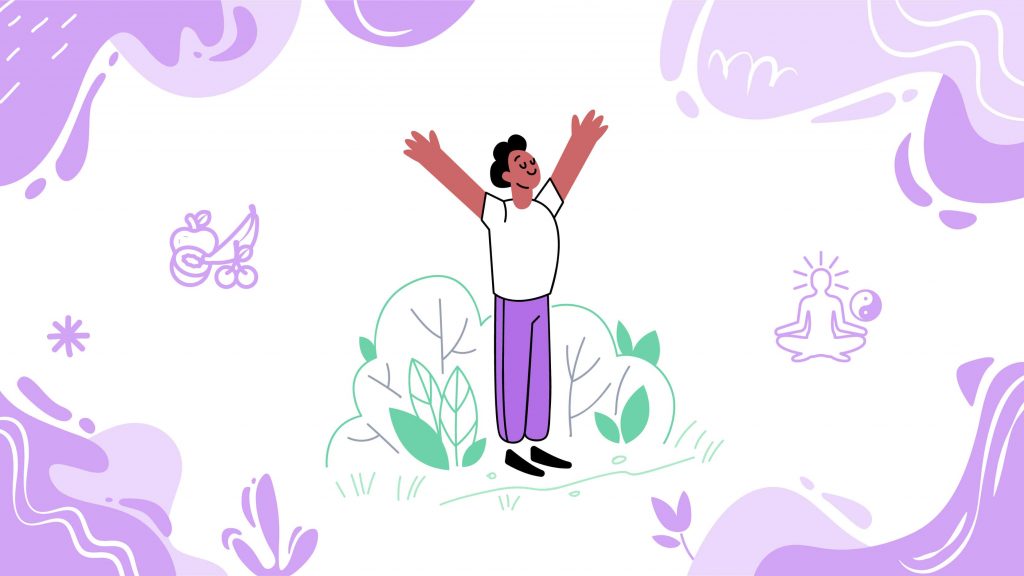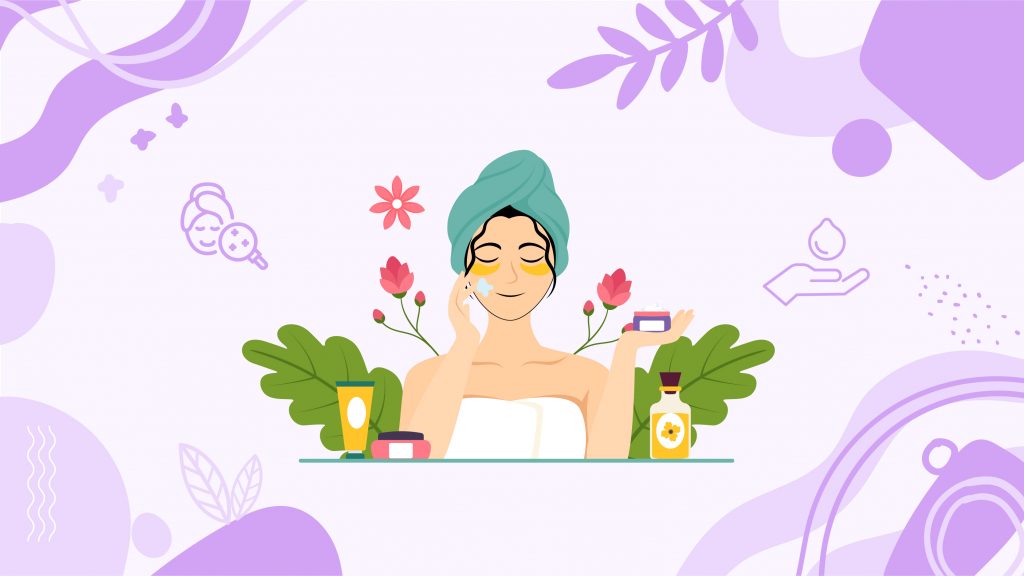Master Your Anxiety
Ever had one of those days where everything seems to be going just fine and then, out of the blue, you’re blindsided by a wave of anxiety? It’s like being suddenly caught in a storm without an umbrella. One moment you’re calm, and the next, your heart’s pounding, your thoughts are racing, and you’re mentally bracing for disasters that may never come. This unexplained surge of worry isn’t just confusing; it can feel incredibly isolating. You might find yourself wondering, ‘Why can’t I keep my cool?’ especially when everything around you appears perfectly normal.
This invisible battle with anxiety can make you feel like you’re the only one struggling to stay afloat in calm waters. But the truth is, these silent storms are more common than you might think, touching many of us in moments when we least expect it. It’s a perplexing and often solitary journey, navigating these unseen emotional undercurrents, leaving us searching for answers and ways to regain control over our inner turbulence.
It’s as if your mind has its own weather system, completely unpredictable and disconnected from your daily reality. You might be handling your tasks at work, laughing with friends, or even just doing some household chores when suddenly, anxiety sweeps in with no warning. The intensity can vary—sometimes it’s just a nagging feeling in the back of your mind, other times it’s overwhelming, making it hard to focus on anything else. It’s frustrating, right? You find yourself scrambling to understand why you’re feeling anxious, which only seems to fuel the anxiety further. This battle isn’t just about managing anxiety; it’s about deciphering the hidden triggers that set it off, which can often feel like trying to solve a puzzle blindfolded.
Why am I Always Tense?
Why does this happen? The answer lies deep within our brains. At a neurological level, anxiety, even when it seems unfounded, is often triggered by subconscious processes that we’re not immediately aware of. Our brain is constantly scanning for threats, a primal function that once kept us safe from predators but now picks up on subtler cues of danger or stress. When it detects something amiss—whether it’s a slight change in someone’s tone, an upcoming deadline, or even an unresolved past trauma—it can initiate an anxiety response.
Chemically, this involves the release of stress hormones like cortisol and adrenaline, preparing the body for a fight-or-flight response. For some, this system is hypersensitive, meaning it takes very little to trigger a full-blown anxiety reaction. Neurotransmitter imbalances, particularly involving serotonin and dopamine, can also play a role, influencing mood and susceptibility to anxiety.
Adding to this, our brains don’t just work in the present; they often operate on patterns learned from past experiences. If you’ve ever faced situations that were stressful or traumatic, your brain can start to associate similar situations—or even subtle reminders of them—with danger, setting off anxiety even in safe circumstances. It’s like having an overly cautious security system that sounds the alarm at the slightest disturbance. This can make day-to-day life a bit like walking through a minefield of emotional triggers, many of which are buried so deep in your subconscious that you might not even recognize them.
This intricate dance between past experiences, neurological vigilance, and chemical responses means that our anxiety isn’t always rational on the surface. It’s wired into the very structures of our brains, often defying our attempts to control it through sheer willpower alone. Understanding this can be the first step in managing anxiety more effectively, recognizing that it’s not a flaw in one’s character, but a complex interplay of brain functions honed over the course of human evolution.
Subscribe to newsletter
Get your Gut Health Starter Guide right now.
Elevate your Tuesdays with practical, science-backed wisdom propelling you forward on your gut health journey.

Steps to Stop Feeling Anxious for No Reason
To regain control and reduce the frequency of these anxiety episodes, it’s crucial to develop strategies that address both mind and body:
- Mindfulness Meditation: Regular practice can help calm the amygdala, the brain’s threat detector, and enhance the prefrontal cortex’s ability to regulate emotions.
- Cognitive Behavioral Therapy (CBT): This technique is effective in identifying and challenging the subconscious thought patterns that fuel anxiety.
- Physical Exercise: Engaging in regular physical activity can help reduce stress hormones and increase the production of endorphins, improving overall mood.
- Adequate Sleep: Ensuring you get enough sleep is crucial, as fatigue can exacerbate anxiety and disrupt emotional regulation.
- Dietary Adjustments: Incorporating a balanced diet rich in omega-3 fatty acids, antioxidants, and vitamins can support brain health and stabilize mood.
A Story of Calm Restored
Meet Emily, a 32-year-old software developer who once found herself gripped by sudden bouts of anxiety. “It felt like I was constantly on edge, for no good reason,” she recalls. Emily decided to tackle her anxiety head-on by adopting several of the strategies mentioned above. She began with mindfulness meditation and CBT with a licensed therapist, which helped her understand and manage her triggers.
“I realized a lot of my anxiety came from old fears about failure that weren’t relevant to my life anymore,” Emily shares. Over time, as she continued with her meditation and therapy, she noticed a significant drop in her anxiety levels. She added regular yoga and a better diet into her routine, which further helped stabilize her mood.
“The difference is night and day,” says Emily. “I used to wake up dreading the day ahead, unsure if I’d be hit by that wave of panic. Now, I feel in control, and those random anxiety attacks have become rare.” Emily’s story underscores the transformative power of understanding and addressing the roots of unexplained anxiety. Her journey from confusion and chaos to clarity and calm illustrates the powerful impact that a proactive approach to mental health can have on one’s quality of life.


















